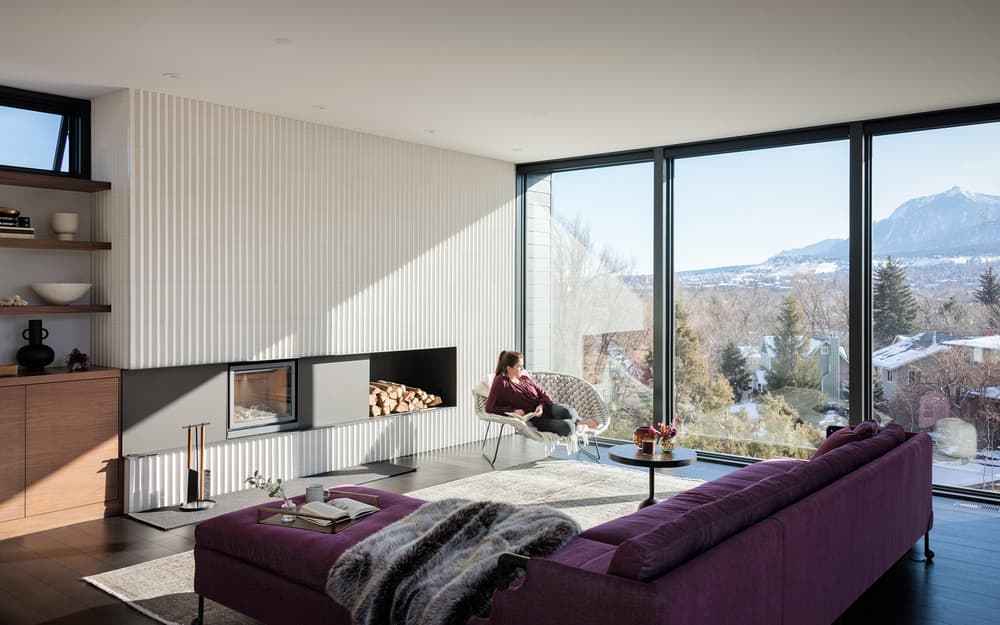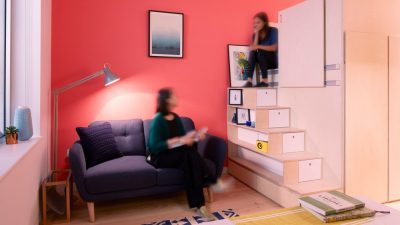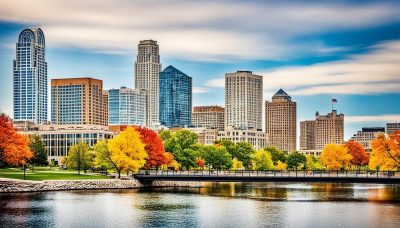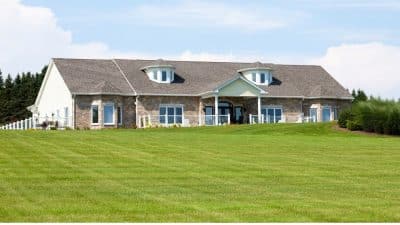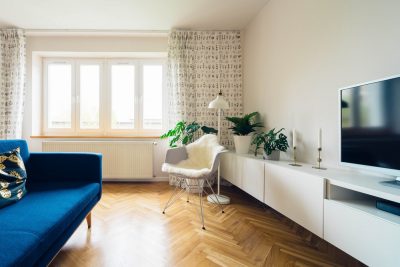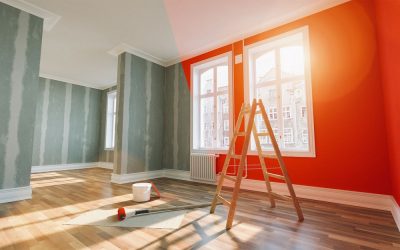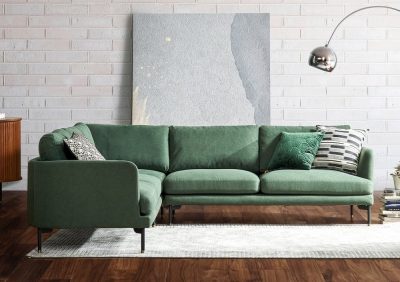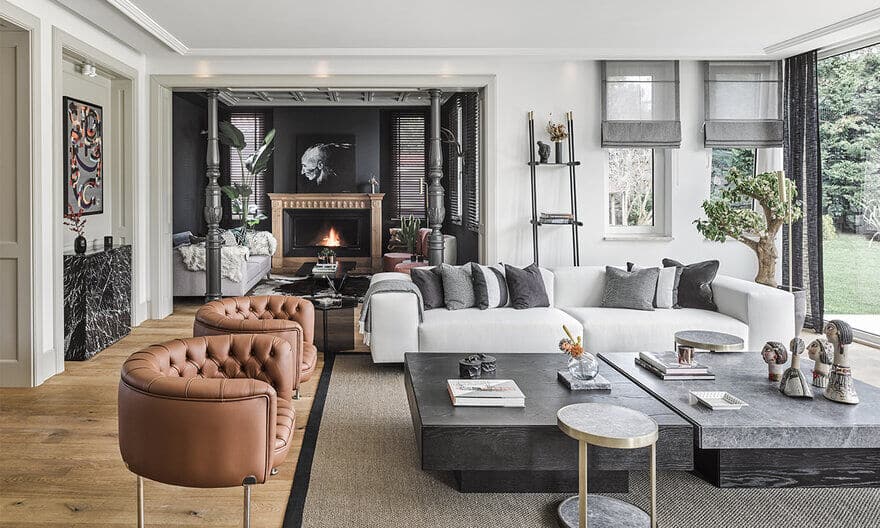
Interior designers work with all types of spaces to create comfortable and functional environments.
Highly-skilled professionals can truly change one’s living or working conditions for the better. And to do so successfully, they need a variety of skills. Maybe you are looking for career opportunities in the yacht interior design and want to upgrade your resume. Or perhaps you are considering pursuing this career and want to focus on fundamentals to start.
This article will help with a better understanding of what those skills are and how they relate to interior design. In partnership with Jooble professionals, we’ve completed the list of crucial competencies of an expert designer.
10 Helpful Skills for a Successful Career in Interior Design
#1. Communication
One of the primary skills a significant designer needs is excellent oral and written communication. First of all, you need to be a good listener. It is all about the client and their wishes for the space.
In many cases, interior design is about problem-solving. For example, a person might need to combine several functions in one room. It is essential to understand what a client needs and what can be done.
A good communicator is also skilled in problem sensitivity, negotiation, and presentation.
#2. Vision
An expert needs to be both detail-oriented and see the bigger picture at the same time. Vision refers to the ability to see what space could be. It can be an empty room or a vast office space. A designer needs to have a trained eye to imagine how it will be transformed.
The vision comes from several competencies, such as:
- Spatial awareness;
- Harmony and balance;
- Space planning;
- Room functionality;
- Arrangement of furniture and appliances.
The more experience one has, the easier it will be to establish a vision quickly.
#3. Creativity
This might sound obvious, but interior design requires a high level of creativity. It means not only experimenting with color and shapes. This also applies to coming up with solutions on the space’s functionality and general layout.
In some cases, a designer will also need to be creative to stay on the budget, find sustainable solutions, or combine trends with classic styles.
#4. Budgeting
In most cases, people are willing to save their budget, which is normal. Interior designers need to be able to manage the budget and work according to it.
This covers:
- Negotiation with clients and vendors;
- Forecasting of costs;
- Keeping records;
- Looking for affordable variants;
- Finding possible hidden costs;
- Being transparent.
You’ll need to be good at numbers and often stay resourceful.
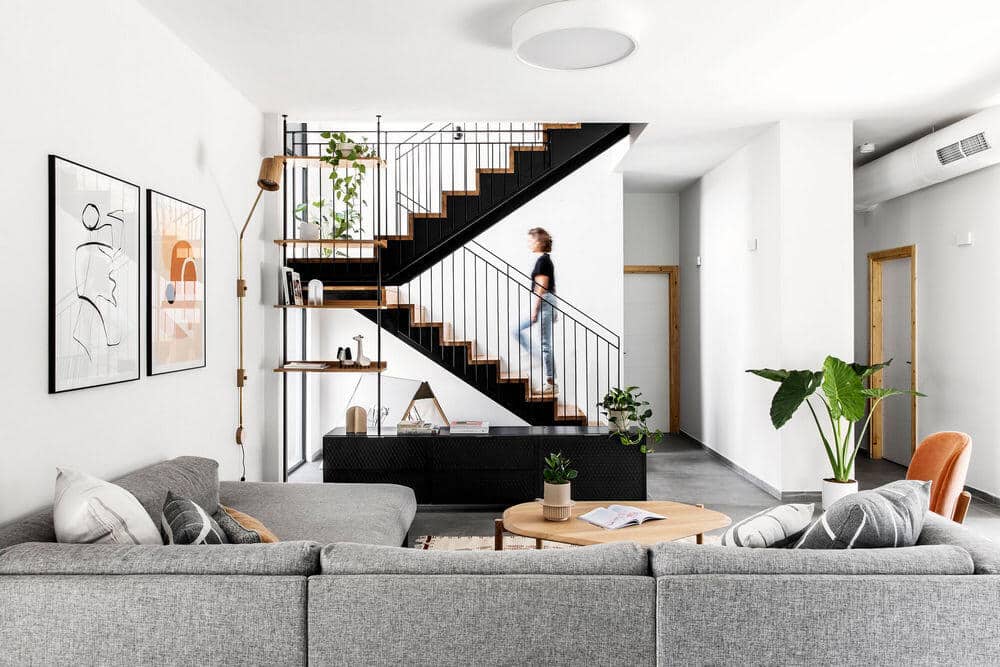
#5. Computer-Aided Design
CAD is software professionals use to prototype the layout and show clients how the space will look. And it is handy for planning projects. There are many solutions, and one needs to be skilled in one of the programs at least.
For instance, among the popular CAD solutions are Archicad, Vectorworks, AutoCAD, and Chief Architect.
#6. Knowledge of Design Trends and History
It is much easier to work on any project when you have a basis for knowledge. One should know the history of interior design.
The more you know about different options, the easier is it to mix and experiment. It is like having a broad color palette.
Of course, a great professional always knows all the current trends as well. It is a part of the job that will also make communication easier. Imagine if your clients said that they saw something in a magazine. It is easy to figure out what they mean if you know all the trends.
And it might be handy to manage some of the client’s wishes. Something trendy today might go out of fashion in a year or two, so it is essential to find a balance.
#7. Space Function
Every space has its function: a bathroom, an office, or a kitchen. Supreme interior design pays attention to the looks and the functionality equally. If the kitchen is unusable, it doesn’t matter how beautiful it looks.
A designer needs to know a lot about furniture and appliances. For instance, when working with limited space, one can look into multi-functional or foldable solutions.
#8. Project Management
One might be working with a huge team or alone. In any case, you’ll be responsible for the project. And project management relies on organization and time management. It includes such everyday tasks as:
- Scheduling;
- Managing the calendar;
- Setting deadlines;
- Delegating tasks;
- Working with vendors;
- Setting goals;
- Planning and Prioritization.
#9. Thinking Ahead
An excellent designer should be thinking several steps further. Every decision you make will impact you, and it is essential to understand it.
For example, if a particular fabric is not available, what’s the plan B? If the vendor is late with a deadline, what are the next steps?
#10. Constantly Learning
If you are interested in growing professionally, you need to be open to the idea of lifetime learning. New trends will appear, and new technologies will influence living conditions. It is important to experiment, try new things, and always look for educational opportunities.
Conclusion
Interior designers need to be good at many things, from communication to CAD. They combine soft and hard skills to bring a positive change in one’s life.
